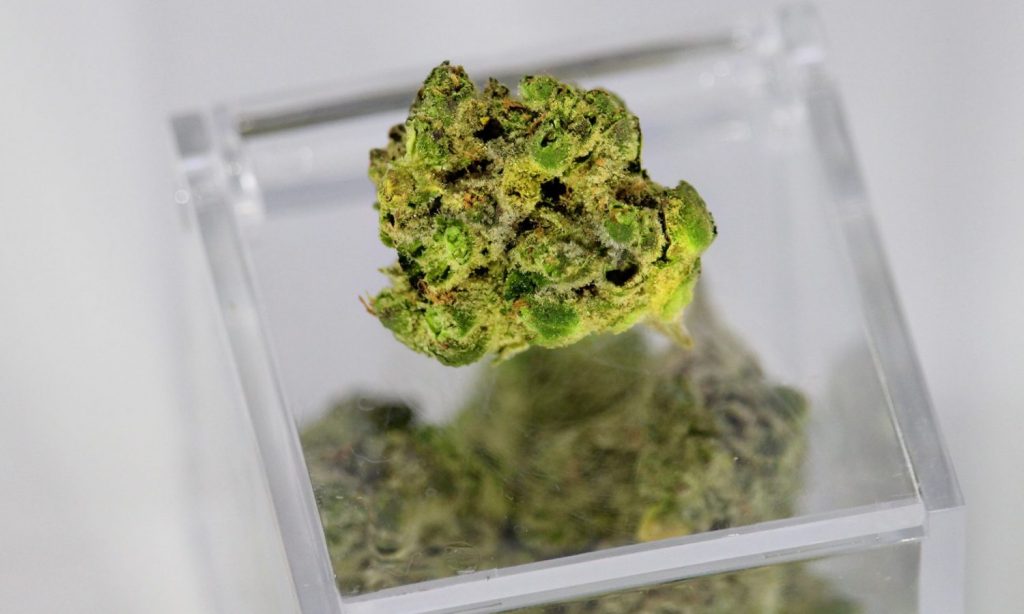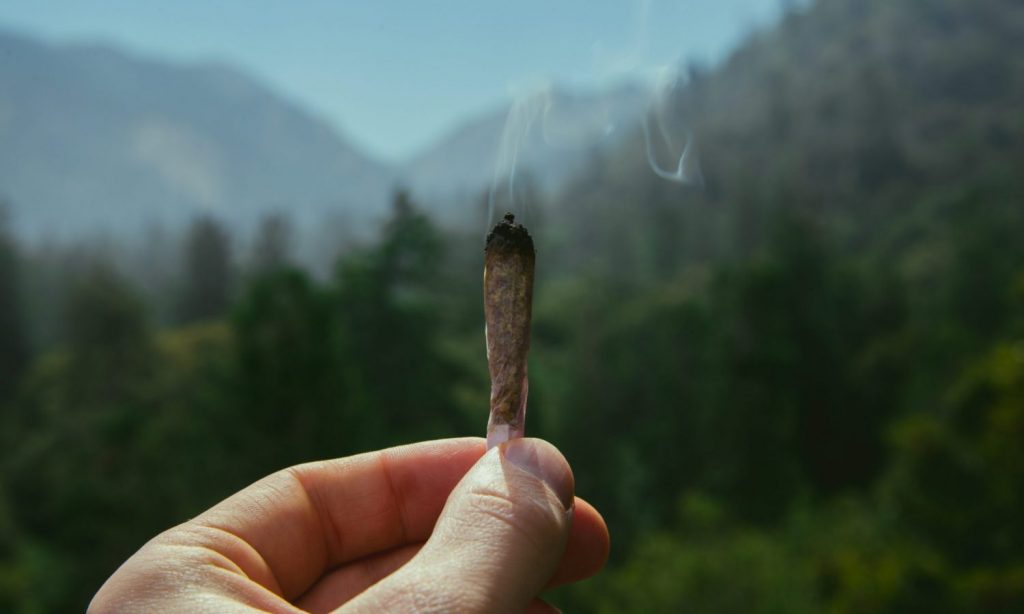Proposed legislation will likely prohibit hemp products from containing more than .3% of any kind of THC, including delta-8. This will make the market for such products very small, or non-existent.
For a state that pioneered medical cannabis and was a relatively early adopter of recreational cannabis (cannabis is defined only as marijuana here and not hemp), California is among the worst states in the union when it comes to sensible hemp-derived CBD policy. So it should surprise absolutely nobody that in legislation that’s designed to “legalize” CBD (AB-45 and SB-235), the state is now coming for delta-8 THC.
Before explaining what delta-8’s fate may be, I’ll provide a brief CliffsNotes for how bad California has handled CBD:
- 2018: California Department of Public Health (CDPH) issued a FAQ on its website in July 2018 taking the position that CBD ingestibles were unlawful (check out an analysis of mine on those FAQs here). Over the next few years (according to a bill analysis accompanying AB-45, CDPH issued 13 notices of violation, 7 voluntary condemnation and destruction regulatory letters, and 9 embargoes in the wake of this–all without ever creating a real regulation! Local departments of public health were also active in enforcement.
- 2019: California tried but failed to pass AB-228, which would have legalized CBD.
- 2020: California tried by failed to pass AB-2827 and AB-2028 which were both targeted to legalize CBD.
- 2021: AB-45 and SB-235 are both making their way through the California Assembly and Senate, respectively. I’ve summarized these bills here and here.

The second of those links immediately above describes in detail provisions in these bills designed to outlaw any kind of smokable hemp product. I think these bills are long shots. This is in part due to the smokable hemp bans, which are facing huge industry backlash and severely narrow the market for hemp grown in the state, and in part due to general political reasons and opposition from the cannabis industry and elsewhere.
But there is one other feature of both of these bills that doesn’t seem to have been analyzed much in great deal before, which deals with delta-8 (and delta-10) tetrahydrocannabinol. If the bill passes in its current form, it could spell the end for delta-8 in yet another jurisdiction.
RELATED: R.I.P. Delta-8 THC: Why States And DEA Want It Banned
A lot of people don’t understand the difference between the different forms of THC, so I’ll give a brief summary. Delta-9 THC is the main intoxicating cannabinoid found in marijuana (again, called cannabis here in California, though “Cannabis” technically includes hemp too). Delta-8 and delta-10 are also cannabinoids found in marijuana and hemp but are generally expressed in very low quantities naturally.
Delta-8 specifically has taken off recently across the country. Like delta-9, it is intoxicating, though to a lesser degree. Because it is not usually present in high volume in cannabis, it’s usually derived by converting hemp CBD through chemical processes. What this means is that there is a large market in California for hemp biomass to use in creating delta-8.

Problematically, the proposed bills would define “THC” to include delta-8, -9, and -10. And problematically, hemp product manufacturers will need to certify that raw extract they use does not contain more than .3% THC. While there are definitely some ambiguities here, they will likely be resolved in the final draft or by regulation. We predict that the effect will likely be that hemp products will not be able to contain more than .3% of any kind of THC, including delta-8. This will make the market for such products very small, or non-existent.
RELATED: California’s Absurd Stance On CBD Cosmetics
What’s even more of a challenge based on this new definition is that it modifies the standard for total THC testing to include all forms of THC. For a recap, the state and federal government mandate testing to determine whether hemp has .3% or more THC by looking at THC plus converted THC-acid (THCA), which will convert when heat is applied. There are different ways to do this but the end result is that hemp that has, say, .29% THC could go over the legal threshold if there is a certain amount of THCA. Now that THC is defined to include all forms of THC, the test could be even harder to meet in some circumstances (even though delta-8 and -10 are usually expressed in very, very small quantities).
Like I said above, I think these bills are long shots. But it will be interesting to see if they pass in their current form and how state and local regulators decide to handle the situation. For more updates, please stay tuned to the Canna Law Blog.
Griffen Thorne is an attorney at Harris Bricken, a law firm with lawyers in Seattle, Portland, Los Angeles, San Francisco, Barcelona, and Beijing. This story was originally published on the Canna Law Blog and has been reposted with permission.


